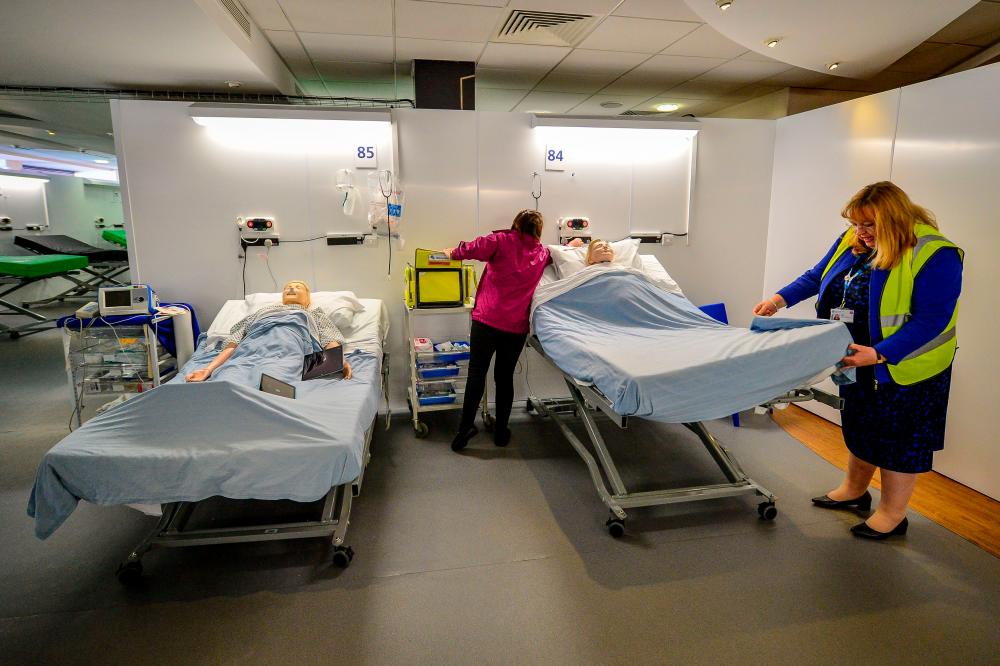THE College of Physicians of Malaysia expresses gratitude to the Health minister for his unwavering commitment to resolving the ongoing specialist training issues. The college is also relieved to note that the Health Ministry has no plans to abolish the Parallel Pathway programme.
The College of Physicians of Malaysia represents all Internal Medicine, Psychiatry and Rehabilitation Medicine Specialists in Malaysia. Specialisation in Internal Medicine follows after the completion of housemanship.
Medical officers have the option to specialise in Internal Medicine through either the Masters of Internal Medicine programme offered by local universities or the Parallel Pathway provided by the Health Ministry.
Internal Medicine Training represents a vital conduit to subspecialisation in the fields of Cardiology, Dermatology, Endocrinology, Advanced Acute Internal Medicine, Infectious Disease, Geriatric Medicine, Haematology, Nephrology, Neurology, Palliative Medicine, Pulmonology, Rheumatology, Gastroenterology and Hepatology. Therefore, any impact which adversely affects Internal Medicine training will have a domino effect on all the above subspecialties.
The Parallel Pathway Internal Medicine, which has been and remains the primary route for training physicians in Malaysia, comprises a structured training programme spanning four years.
This programme involves supervised training within the Health Ministry and provides physicians the opportunity to attain membership of either the Federation of the Royal College of Physicians in the UK or the Royal College of Physicians in Ireland.
The College of Physicians unequivocally supports the Parallel Pathway as an essential avenue for the training of physicians in Malaysia.
The College also supports the Master’s programmes offered by local universities. Both avenues are necessary to ensure that we can train many high-quality specialists to address the serious shortage while adhering to standards as determined by the Malaysian Medical Council.
Both pathways should continue to serve their roles and complement each other. This is to ensure that Malaysian doctors are given an unencumbered opportunity to specialise as physicians, and ultimately cater to the domestic population.
The College of Physicians also urges a review of policies governing Federal Training Grants, which currently restrict options for specialisation in Internal Medicine. This revision will allow doctors the option to self-fund their specialist training within a structured programme while adhering to standards, thus alleviating unnecessary financial burden on an already overstretched system.
The College of Physicians is also concerned about the decline in the number of trainee registrations into the Parallel Pathway programme as this will inevitably affect the availability of physicians serving the Malaysian population.
The College of Physicians is the largest participant of the Parallel Pathway programme, with over 1,000 doctors in various phases of training within Internal Medicine.
A large number of these trainees are based in East Malaysia, where the demand for physicians is particularly acute.
The College of Physicians must engage all stakeholders in devising a long-term strategy. This collaborative initiative must also include existing medical societies representing junior doctors.
Malaysia can only be stronger if all parties work together.
Strategic planning to meet the long-term goals is urgently needed to ensure that Malaysia is not only able to maintain its excellent international reputation in the quality of our healthcare but that the fraternity fulfils its potential in producing global leaders in medical care.
College of Physicians of Malaysia









